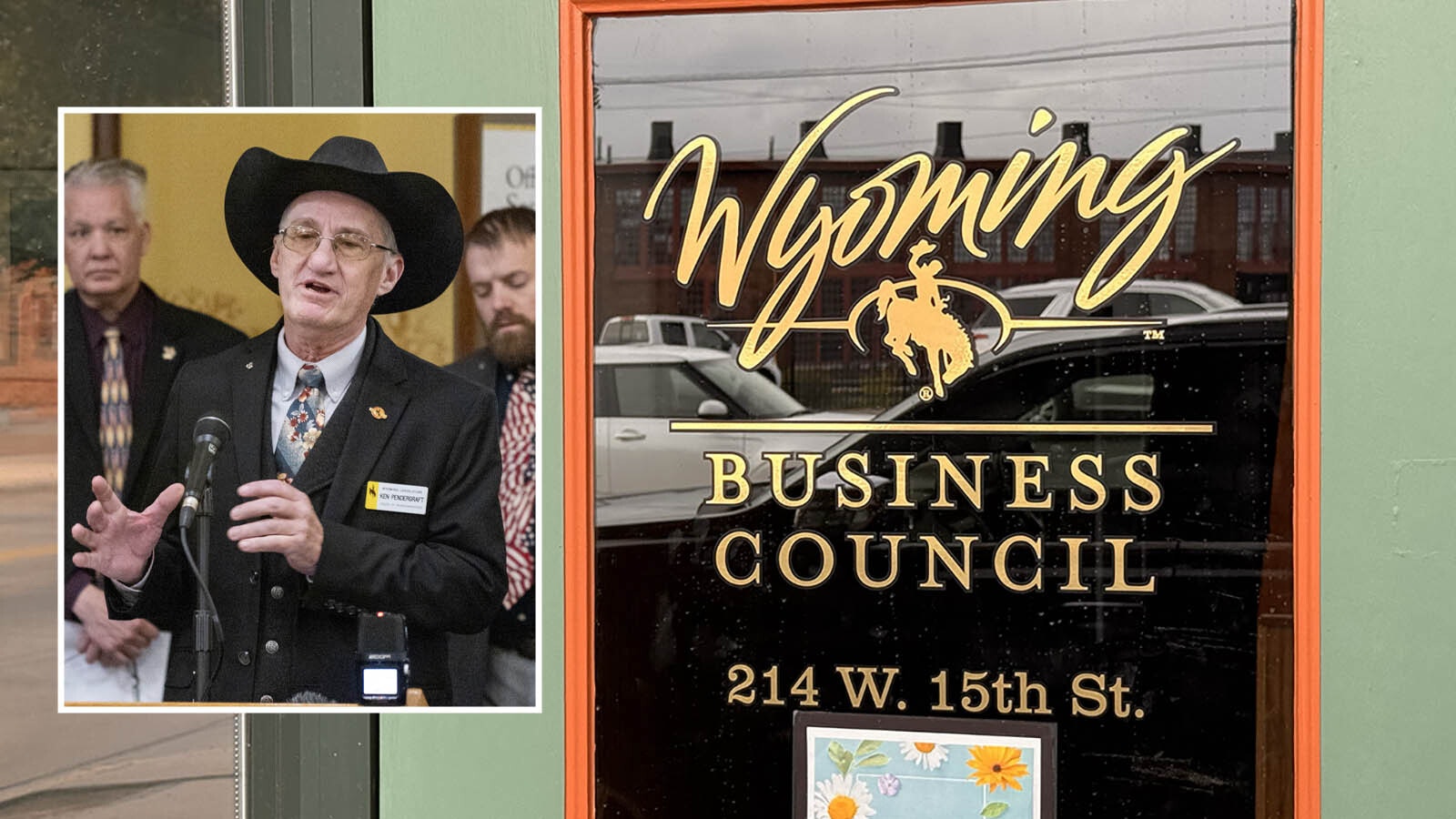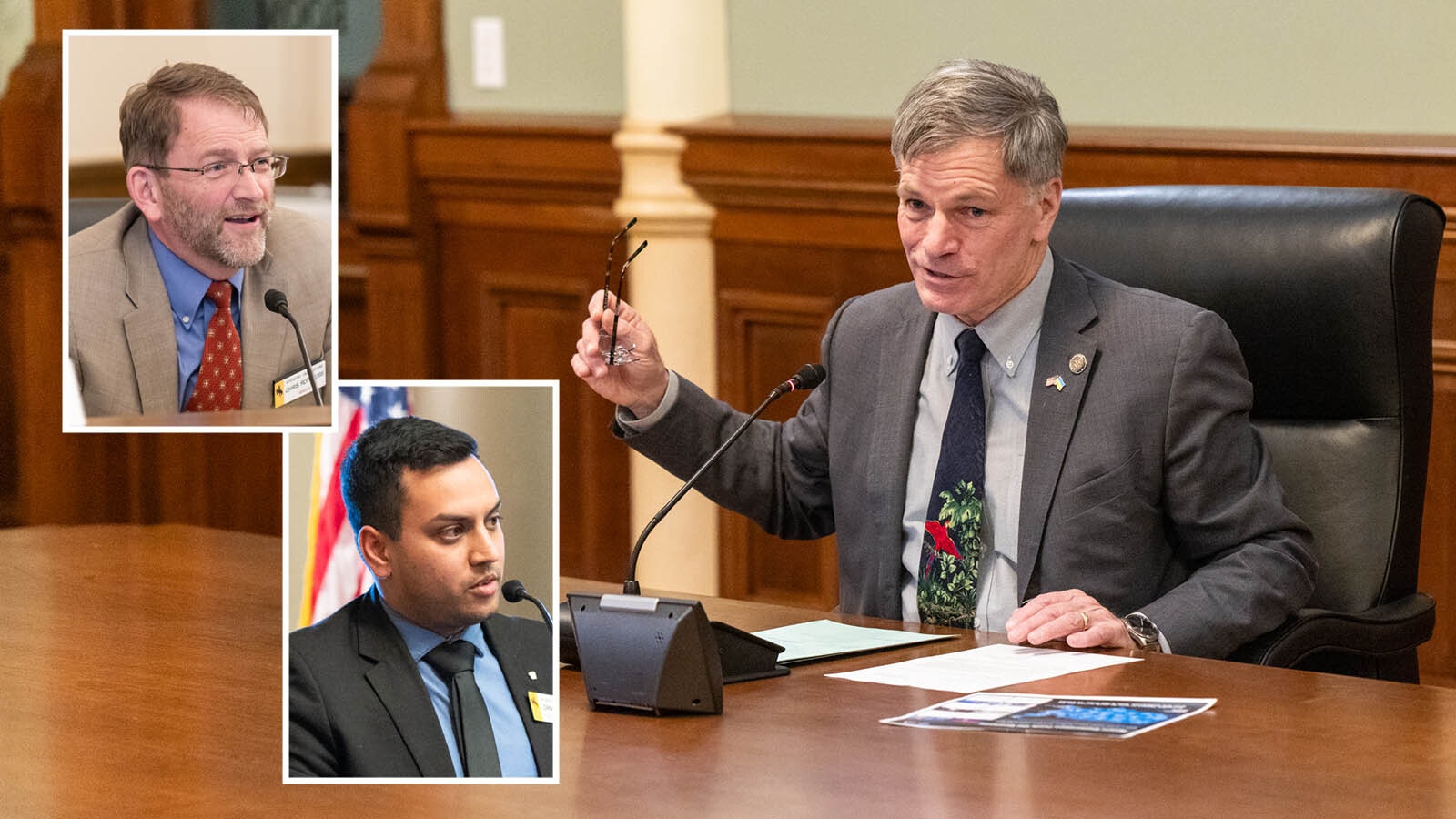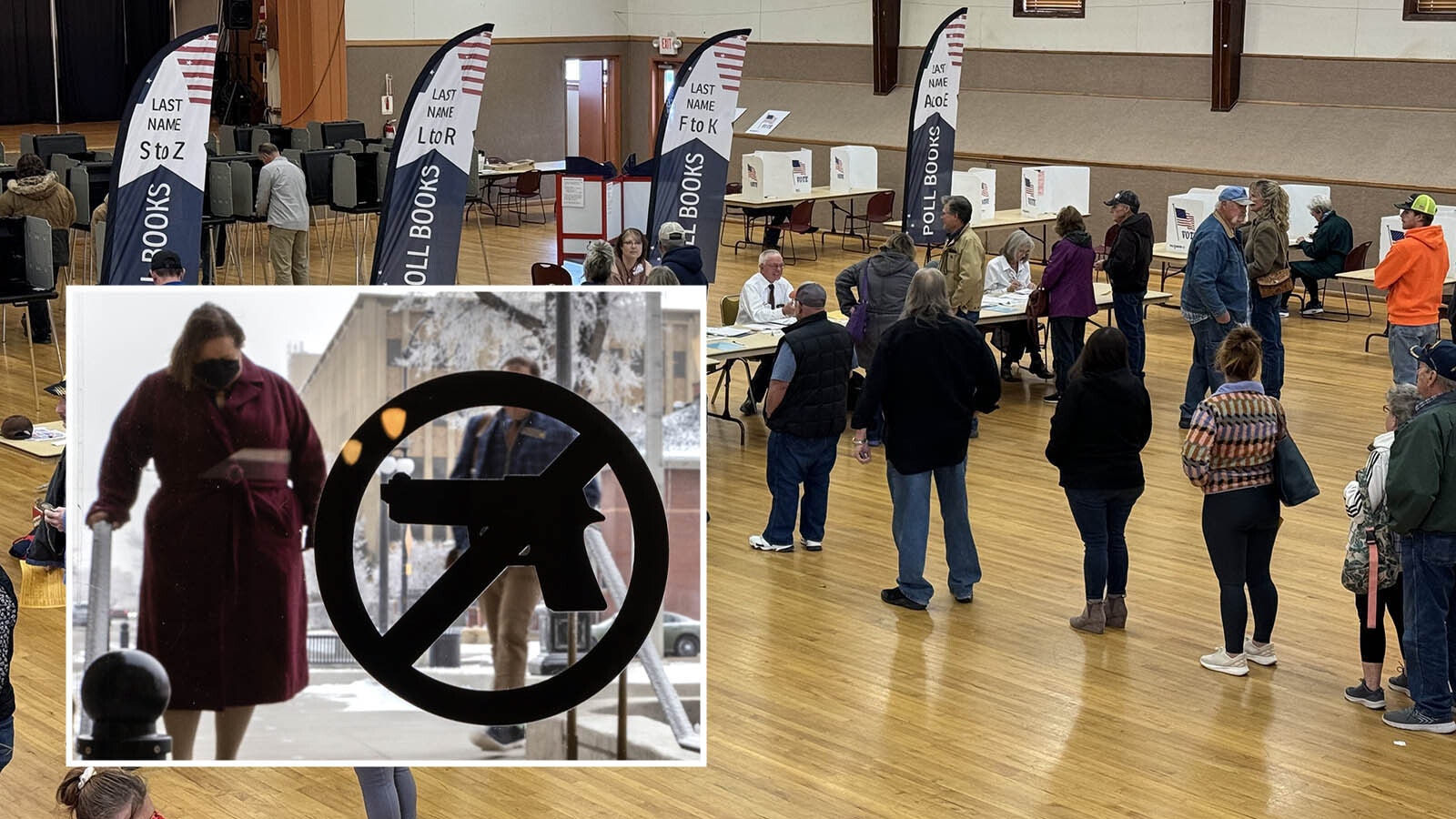The idea that things existing only in a digital world can be worth real money remains a mysterious concept to many.
But NFTs, or non-fungible tokens, have been sold for ridiculously high prices. Take, for example, the $69 million digital collage artwork by Mike Winkelmann, who goes by the handle Beeple, that Christies sold last year.
But NFTs are more than just pixels with a fancy price tag. And they have more practical business applications outside the realm of speculative collecting.
NFTs can be event tickets or rewards programs, like the Starbucks Odyssey program that has promised collectible “journey” stamps to its most loyal customers.
They can be skins or avatars for characters in gaming or they can be digital trading cards.
Musicians are using NFTs to connect with fans and get them to engage with their work. Professional athletes are even getting in on the act. Tom Brady, for example, has inked a deal with DraftKings to produce and distribute an autograph NFT at $250 a pop.
President Trump, meanwhile, released a set of digital trading cards recently, which quickly sold out.
But for all these expensive tokens, there’s still a lot of discussion about how to handle this new type of digital property.
That’s the focus of a bill Wyoming lawmakers are considering that would allow state residents or Wyoming-based businesses to register their digital properties, proclaiming their ownership.
Hitting All The Question Marks
Sen. Cyrus Western, R-Big Horn, told the Senate Corporations, Elections and Political Subdivisions Committee on Thursday that the intent of Senate File 76 is to put Wyoming ahead of the curve in another aspect of the emerging digital asset business sector.
The bill seeks to do for digital assets what more traditional deeds have done for land transfers. He also likened it to LLCs, which began in Wyoming in 1973. At that time, there were a fair share of naysayers, but the structure caught on across the nation, and it was the Cowboy State that led the way.
“Right now in the digital asset space, there’s a lot of dialogue about what are called non-fungible tokens, but it’s basically a class of digital assets,” Sen. Chris Rothfuss, D-Laramie, added in his testimony to the committee. “That has a lot of question marks about what are these? Are they owned? Who owns them? How do you know they are owned?”
There’s actually no good way to know that right now, Rothfuss said.
“But if we had a registration authority, that was cryptographically signed, you would have the capacity to have a legal event that was triggered with a date that says, as of this date, an individual attested to owning this digital asset in the eyes of the state of Wyoming,” he said.
That could provide clarity for those fighting over digital asset ownership, Rothfuss suggested, clarity that exists nowhere else now.
Lawmakers also received a lot of testimony from people and companies working in the digital blockchain sphere that a registration process is needed.
“There’s a lot of interest in this, and there’s, there are billions and billions of dollars of digital assets out there that don’t have a lot of legal standing,” Rothfuss said.

A Few Particulars Of The Bill
Senate File 76 would not confer digital ownership by itself. The person or business registering an asset with the Secretary of State’s office would be tasked with proving legal ownership of the registered asset.
Those registering assets also would have to be in Wyoming, a requirement intended to help weed out any bad actors from foreign locations who would be hard to get ahold of later, if there was a problem.
Once duly registered, an asset would then be considered a Wyoming asset, subject to all the state’s laws and protections. And its owner would have access to the chancery court for cases where the value of declaratory judgement or relief exceeds $50,000.
The registration would last five years from the date of registration, after which a renewal fee would be due to extend it another five years.
The cost of the bill would be around $270,000 for the computer software that would be needed for the Secretary of State’s office to provide a cryptographically signed certificate as well as search functionality.
The exact rules for registration would be written by the Secretary of State’s office, which would be responsible for carrying out the program.
Chuck Gray Questions Value Of Registration
Secretary of State Chuck Gray told the committee he doesn’t want to be “obstructionist” on digital asset registration, but asked what the real purpose of the legislation is.
“I know they’re very passionate about moving to this API system on all of our filings,” Gray said.
But in discussions with his predecessors and the tech division, it’s clear there are problems with that idea, he said.
“If this is sort of a plant-the-flag approach where, you know, we’re going to be setting up this API and then coming back a year later and say, ‘OK, it works, let’s do it on all our business filings.’ I really want to caution on that and do that in advance.”
Gray said as long as it’s not that kind of strategy and is just meant for this particular process, he could be OK with it.
“I do want to bring out there, I’m not sure there’s going to be the return on this, you know, quarter million-dollar cost,” he said. “I’m skeptical on that.”
Gray said Wyoming DAOs have probably paid for themselves, but were not a “bonanza” for the state.
“I certainly understand the argument that once all of these pieces are in place, then it’s gong to be a bonanza,” he said. “But, you know, just want to give the history on this, because each time there is a certain argument that this next thing is going to be a bonanza.”
Get Rid Of Cryptographic?
Gray also proposed an amendment to get rid of the word “cryptographic,” which he said would eliminate the API issue he has altogether.
He conceded that would not reduce the cost by much, however, because of a requirement for search functionality linking the registration to a domiciled business in Wyoming.
“I know there’ s going to be pushback from the blockchain folks at our office and Rep. Western. We’ll certainly respect their work on this,” Gray said. “We met with Sen. Rothfuss, and then had a few more conversations with our tech folks. I certainly want to respect his work, but it’s an option for the committee.”
In fact, Rothfuss said the amendment would render the bill meaningless.
“If the intent is to not cryptographically register (a digital asset), then we shouldn’t be doing this,” he said. “A cryptographic registration means that you’re using blockchain-type technology to do digital signatures that are encrypted. It’s called public key private key encryption.”
That public-private key underlies many of today’s banking transactions, Rothfuss added, and is a well-established practice even in more traditional sectors.
“If we established a non-cryptographically signed registration system, I can’t imagine the chaos that would ensue,” Rothfuss said. “So, I’d probably then vote against the bill because it would be a disaster to not have blockchain authority underlying our digital asset registration.”
A Key Question
The key question for Sens. Charles Scott, R-Casper, and Eric Barlow, R-Gillette, revolved around what happens after a registration if an owner sells an asset to someone outside of Wyoming.
There was discussion about requiring a cancellation each time there’s a transaction and a new owner, but Rothfuss cautioned that could get very burdensome.
“Imagine that somebody buys the digital asset, which could happen 10 times today,” Rothfuss said. “We could transact, without any external oversight, without any clerk, without anything else, 10 times the same day. Everyone on this committee could own it two more times.”
Tracking ownership transfers is already being done by the blockchain, however. That can be used to show that an item is no longer a Wyoming asset, subject to Wyoming laws, or that it is.
Once the item has a new owner unknown to the state who doesn’t have to be in Wyoming and doesn’t have to register the asset if they don’t want to, it should be beyond the state’s purview, Rothfuss suggested.
“If you want the benefits and you’re the owner, you provide the attestation as the owner,” he said.
Rothfuss also suggested that someone who pays $300 to register an asset is probably planning to park the asset for a while. He doesn’t believe there’s any need to restrict future commerce by requiring an announcement of transfer or cancellation.
Not There Yet
That answer didn’t really satisfy Sen. Scott.
“It does strike me,” Scott said, “that what you’re trying to do with the registration is get clear this is where you go to court when there’s a row. And I think that has to continue even if the new owner is outside the state of Wyoming.”
Those wanting to avoid Wyoming’s jurisdiction could do so by simply paying a fee to cancel the registration.
“If we’re the only game in town that does that, that might be very valuable, Mr. Chairman,” Scott said. “So, if the provision is they lose that advantage as soon as somebody outside Wyoming owns it, then I don’t think this has been thought out and, Mr. Chairman, is not quite yet ready for primetime. Tell me what I’m missing.”
It’s About Feasibility
Rothfuss said the item could be owned by anyone on the planet within the next two minutes by someone the state would not be able to identify, unless that someone opted in to ownership.
“There would be no capacity for service of process after the transfer,” Rothfuss said. “There would be no capacity for searches, investigation, anything else.”
That’s why Wyoming’s process requires an identifiable human being within the state.
“It was a very intentional and thought-through aspect of this legislation, that if you’re the owner of the digital asset you registered in Wyoming, and while you’re maintained as the owner of that digital asset, then you have to access our system,” Rothfuss said. “We need that series of check boxes in place before I think the state of Wyoming wants to be on the hook for trying to legally work through that.”
Wyoming Bankers Are For It
Scott Meier with Wyoming Bankers Association told lawmakers he supports the bill, which he said is just a form of notice to the world, similar to recording a deed for a land transfer, that a piece of digital property now has particular ownership in Wyoming.
“We’re giving notice to the people, to the world, that this is a Wyoming asset,” he said.
Among the benefits he can see to that is not just access to Wyoming’s chancery court, but if it’s a known Wyoming asset, it could be considered as collateral for loans.
“It eliminates the problem of what do we do, is that asset really in New Jersey, is it on the cloud, is it on some computer in California? We don’t know,” he said. “Now we know.”
There could be significant ramifications for taxes as well, Meier suggested.
“I think this is a very good thing,” he said. “The only thing that I questioned, and I just still don’t have my head wrapped around, is why the five years? I don’t have to go record my deed for the real property that I sold every five years.”
Summary
Amendments on the bill included extending the time for the Secretary of State to write rules for the bill to Dec. 1, 2023, and an amendment from Rothfuss that sets a $270,000 appropriation for Senate File 76’s initial set-up costs.
The bill itself passed the committee with one “no” vote from Scott. It now heads to the full Senate for consideration.





